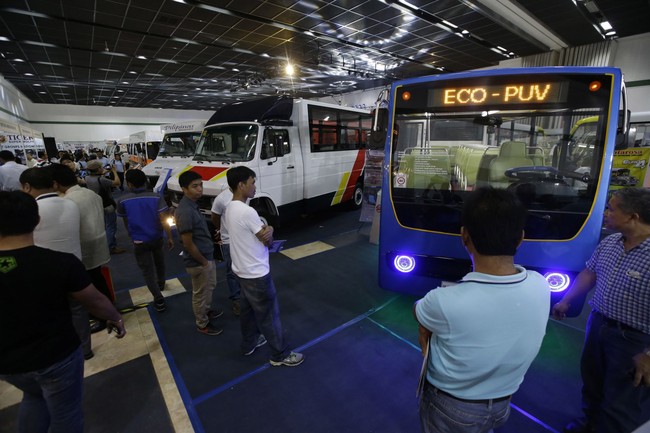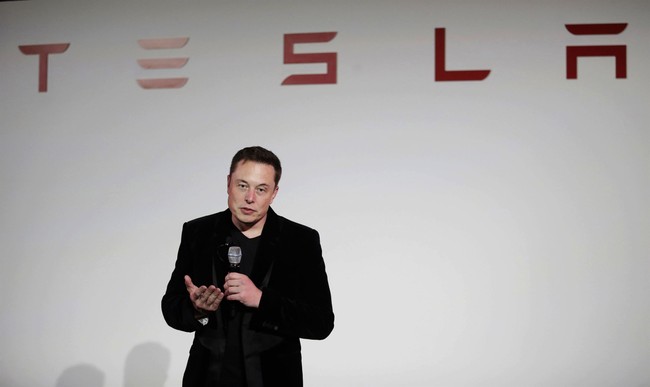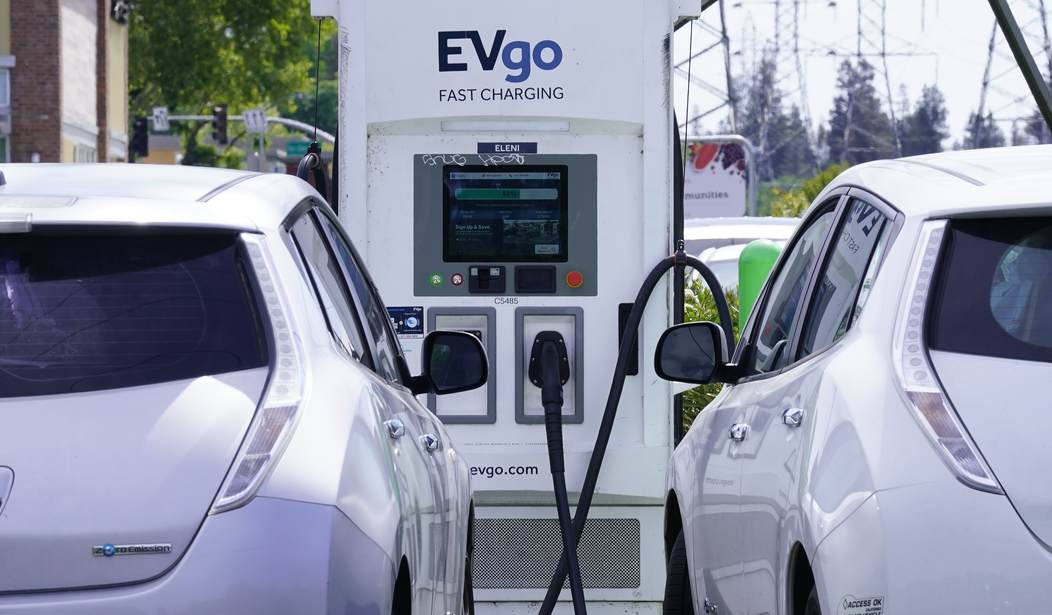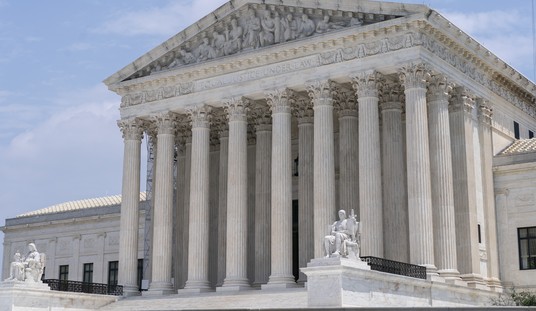When Joe Biden crept into the White House in 2021, the press was more than ebullient in reporting on his proposed green energy agenda. Joe wanted to literally transform (read: “change by force”) the way we travel with boastful speeches about cutting oil production, developing sustained energy, and transforming our national power grid, as well as plans to transition us off of fossil fuels and have the country driving electric vehicles at a historic level.
The follow-up reporting on the progress has been far less energized, and the Biden agenda has lost its spark.
The first indication of things not going according to plan is not EV-related (just yet) but is the nefarious flipside of his green proposals: Oil. For months now, the press - desperate for positive economic news to report - have been raving about plunging gas prices. Aside from bypassing the fact that this comes down from Biden-induced record highs, there is a key question they are choosing to ignore: Why?
It turns out that Joe has quietly gone to the petroleum companies and allowed them to turn the spigot back on. Oil drilling has not only ramped back up, but production numbers are currently at their highest levels since Biden took office. The press is hesitant to promote the new Drill Joey, Drill agenda after raving so much how he was sticking it to Big Oil at the start of his term.
This now brings us to the battery-operated dreams Biden pushed. RedState's Mike Miller recently covered a CNN report that desperately wanted to ignore the realities of the electric marketplace, and in his article was a deeply revealing detail. That CNN piece noted the government taking an evolving approach to things:
And now the EPA is considering slowing down requirements for automakers to sell more electric vehicles, dialing back what had been aggressive plans to move away from gas-powered cars and SUVs.
One would think if Biden’s desire to alter our commuting practices for a noble goal as serious as saving the entire survival of the planet, his administration would not relax its compelled standards but strengthen its enforcement. The issue is one that frequently derails Democratic Party efforts and that is, in a word, reality.
Just starting with Biden’s turnabout on oil drilling, most of these global green dreams from Democrats ignore two needed components to this transition effort: Having a viable alternative in place before curtailing current practices and making that solution attractive to consumers. Instead Joe Wanted to cut oil production before a functioning EV grid was operational, and the public was looking at a limited EV marketplace that was lacking in motivating buyers.

As a result, the EV sector of the automotive industry looks like it is 4-wheels up in a ditch. The federal government was attempting to force into being a marketplace as well as manufacturing demand. Auto makers were given ultimatums and significant tax breaks, and buyers are offered federal grants as incentives to buy electric. The results have been less attractive vehicles with inflated sticker prices that are lacking in sufficient temptations.
The main reason for the EPA looking at relaxing those mandates on the car companies? The buying public has not responded as expected, and the automakers are bathing in red ink. Ford Motors has had to take a completely new approach to its EV production. In 2021 and 2022 combined, the company suffered over a $3 billion loss in its electric division. Then it matched that horrendous result last year alone. The company is scaling back on its electric pickup lines, and it is restructuring how it reports its sales in the quarterly reports. Ford now is segregating EV sales against its consumer and commercial categories, so as not to weighdown the overall perception of the company’s health.
Ford Motors has pulled back significantly on its long-term development of this component of its production line, cutting off plans to build a dedicated EV manufacturing facility, as well as a battery production plant slated to open in Kentucky. These are decisions that are only arrived at when the realities of a disinterested buying public loom into focus, and Ford is hardly alone.
General Motors, which a few years ago announced it would be selling a dozen EV nameplates, has cut well back on development plans, scaling its production to match the dwindling market demands. Dedicated EV producer Rivian just experienced its lowest stock price since going public, as it missed sales targets and announced layoffs. Once trading above $130 a share at the start of 2022, it recently plunged -25% after the report, and it's now down to just $10.
Lucid Group, another EV maker, also plumetted on Wall Street as it missed revenue marks and lower than expected earnings, with a -$0.29-per-share figure. It also announced a 2024 production number below estimates as analysts expect its share price to drop to $1ps. Farady, producer of a high-end vehicle going for more than $300,000, is currently trading on the stock exchange for around $0.20 a share. Tesla, about the only success story to be found, has been healthy, but its growth rate has stalled. While delivering a profit, its earnings per share were largely stagnant all of last year, as sales are softening in an inflation-high-interest-impacted environment. Elon Musk has now hit the pause button on constructing a massive car factory in Mexico.

To give an idea of the way this car market is going, Ford and Rivian each suffer a LOSS of over $40,000 per EV sold. That is simply not sustainable.
Those on the outside are also showing a resistance to this sector. After almost a decade in development Apple just decided that it would be scrapping its planned venture to produce its own branded electric vehicle. Hertz Rental Cars announced at the start of the year it was severely cutting down on the size of its EV fleet available to customers. And the problem even extends to the sectors not based on market forces but reliant on government backing.
Considering Biden’s big push into the electric market, one would expect that federal, state, and municipal interests would be something to remain intact and flush with commerce for EV companies. But there was the case of Proterra, an electric bus company that ended up filing Chapter 11. This after its manufacturing division received benefits from two of Biden’s payout schemes – the Inflation Reduction Act and his omnibus infrastructure spending plan. Yet the company could not survive even with cities converting to the electrical grid, and even while supplying EV components to Daimler-Chrysler and receiving personal endorsements from Biden and Kamala Harris.
Wherever you look these days, you cannot find anything approaching positive news. This entire EV marketplace is beginning to resemble something less like the promised green utopia and more like a civil war battlefield.














